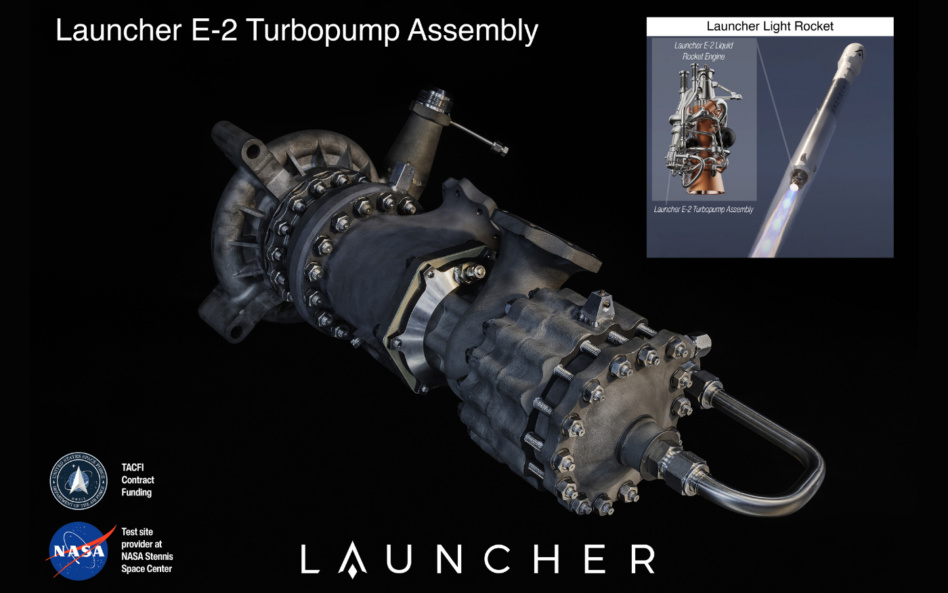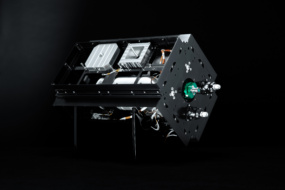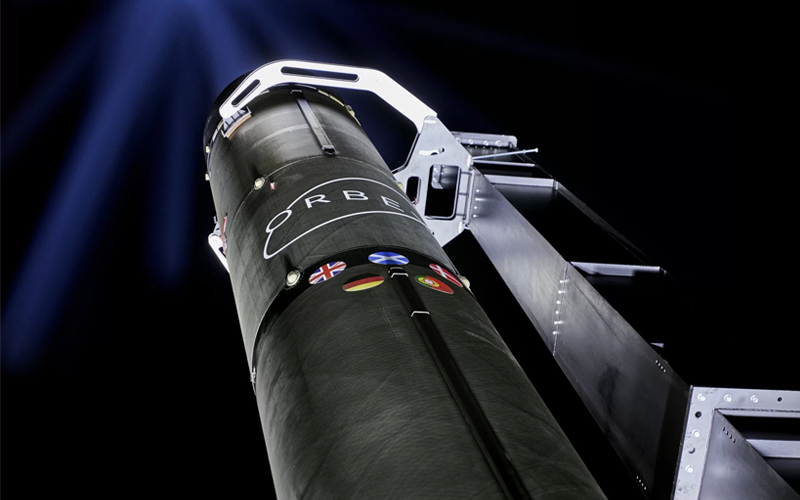Launcher added a new accolade to its resume this week: a successful test of the highest-performing kerosene rocket engine turbopump ever made in the USA.
The two-minute test, which you can see for yourself on Youtube, happened last month at NASA’s Stennis Space Center. The results, which met or exceeded all goals over the course of 11 tests, were formally approved by the Space Force, the company announced Monday.
The Space Force awarded the small launch startup a $1.7M contract in May to work on its 3D-printed E-2 engine, which is expected to power the company’s Launcher Light rocket on its first flight in 2024.
It’s the first test of the flight-ready complete turbopump system. Launcher Founder and CEO Max Haot told Payload the test went “flawlessly,” and that “it proves that we have the technology in the turbopump for this engine that we are developing.”
Other DoD contracts: The California-based company, which was founded in 2017, also announced a partnership with SpaceWERX last month to study how its Orbiter vehicle could help the Pentagon with in-space servicing or orbital debris removal.
What’s next? The company will conduct pre-burner component testing next month for the Space Force, followed by a long-duration test of the full E-2 engine in early 2023.





